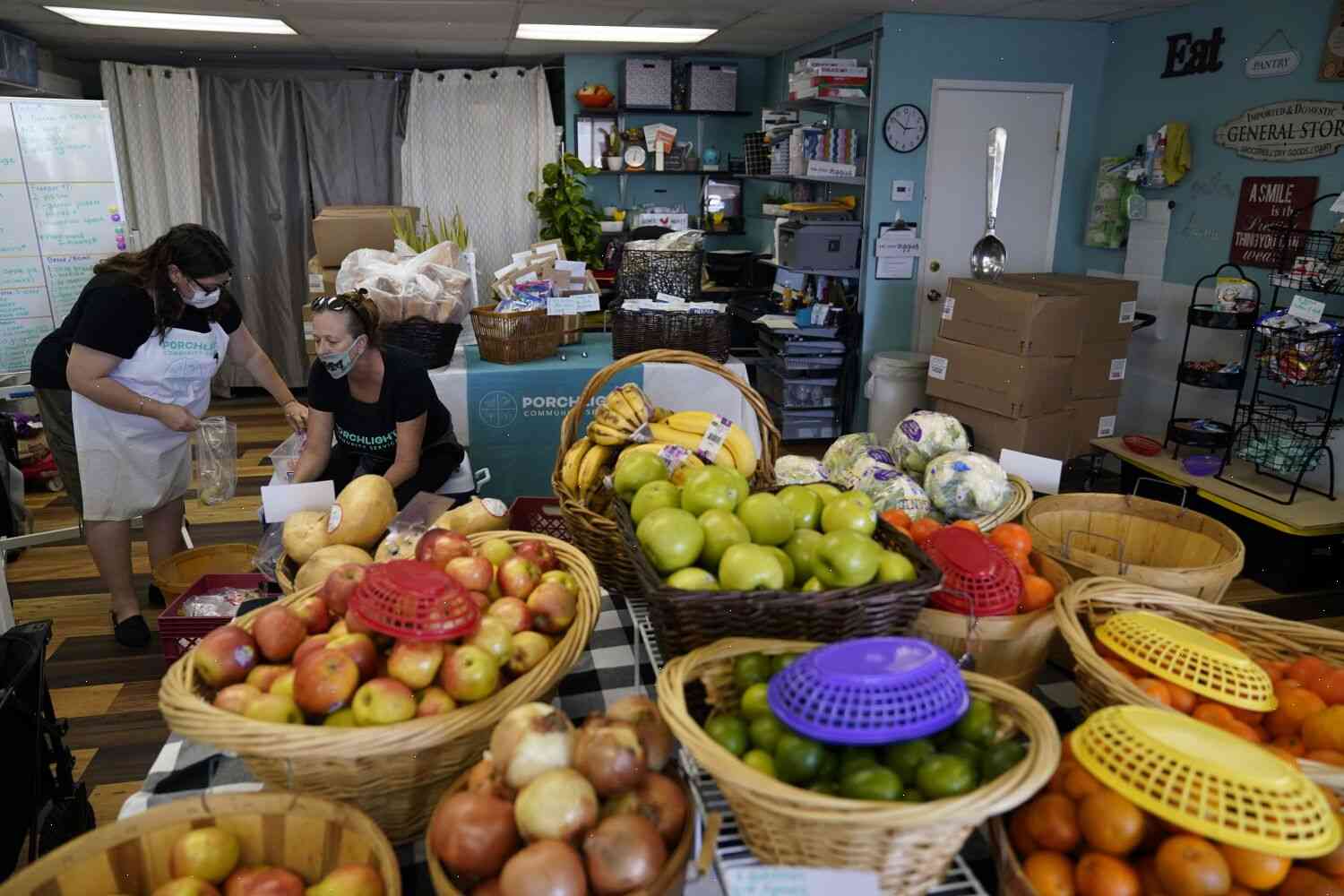Op-Ed: Free food for all? Absolutely. In this age of abundance, it should be a human right. But how do you enforce it? Should you rely on food stamps, or should you look at other ways to guarantee “free” food for everyone?
There are many questions we must grapple with about poverty in America, but one in particular is an extremely important question: how much is enough, and how much is too much? Do the richest 1 percent pay enough taxes? Are there enough job opportunities for people who are unemployed? Are there decent paying jobs for people who have to work multiple jobs? How much should the minimum wage be? And, most importantly, how much food should be free?
For years, most economists have debated whether food stamps, or government subsidies like the “food stamp program,” is the most effective way to ensure that all of America is fed. The consensus at the time said that government-subsidized food would not work, because it would not be able to prevent people from going hungry. What was the answer? More government.
Today, most economists say that we should not rely on government-subsidized food. Because we would have to pay people who work and those who take food out of their own pockets to buy what they would eat at the store, we would inevitably have to raise taxes to cover the costs of those subsidies. When the public starts to believe that the food they receive is not worth what they pay for it, they will be less willing to support it.
It has also been argued that some people could get food stamps who would never be able to afford it otherwise. There is a strong case to be made for making aid conditional on meeting certain criteria, so that it would take very little food to qualify for a food stamp card.
These arguments seem to be in direct conflict. As the Washington Post reported in 2013, “If you work, you qualify for food stamps, but if you don’t, you won’t. So who’s being penalized for not working: those who earned their way into the program because they are able to work or those who don’t work because they have jobs?”
The Post wrote, “The system seems to put people in a catch-22.”
The most recent piece of data that seems to directly contradict this argument is a University of Michigan study released in 2013. It concluded that “Food stamps do provide some protection against hunger, but the program is much







